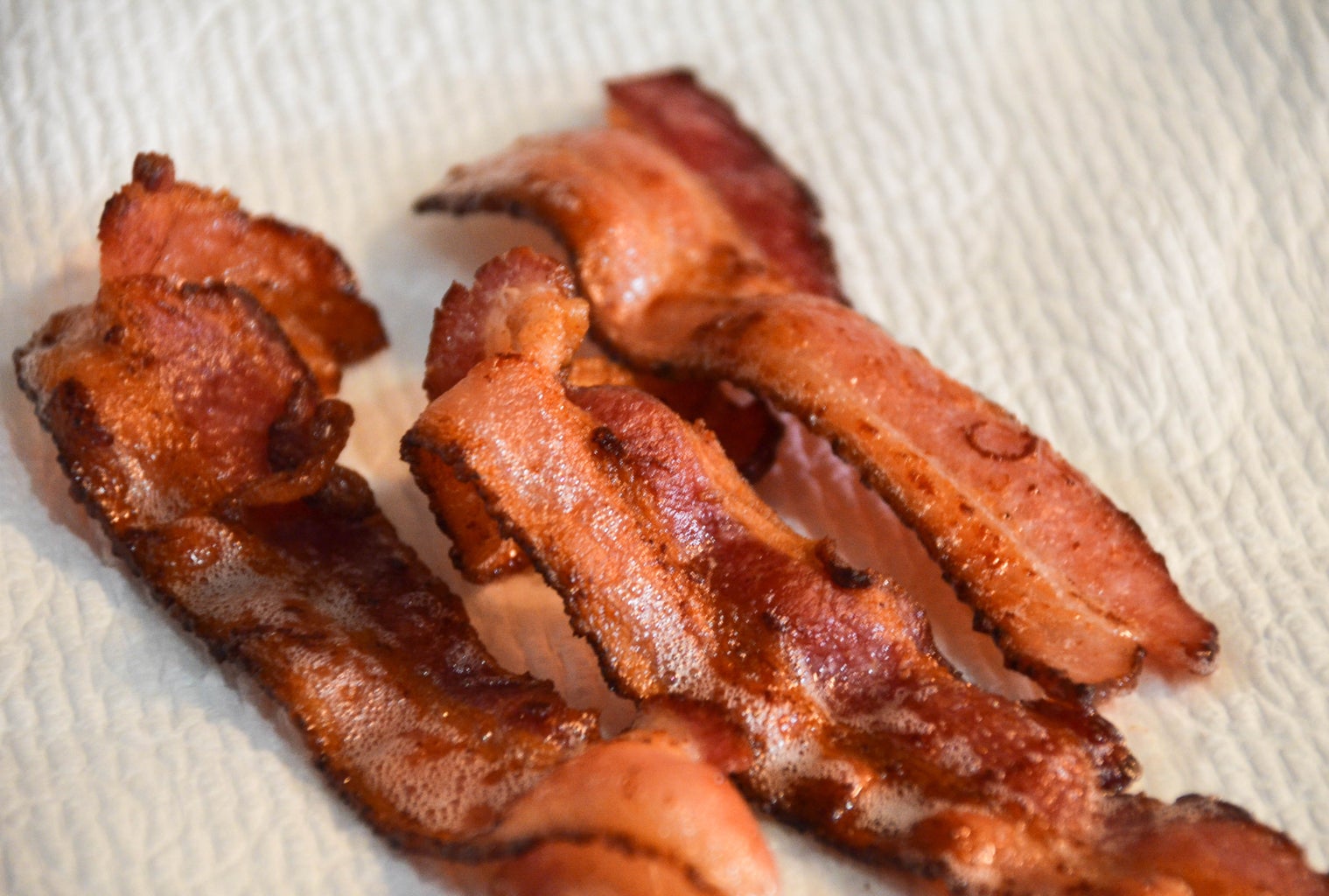The carnivore diet is based on one of America’s favorite food groups, meat. This diet consists entirely of meat and animal products. It excludes all other foods with some exceptions and limitations of dairy products. It is claimed that it aids in weight loss, mood issues, and blood sugar regulation. But, this diet is extremely restrictive and unhealthy long-term. Meat may taste great, but is it the best way to stay healthy?

In a Healthline article from 2019, they stated that the carnivore diet stems from the controversial belief that human ancestral populations ate mostly meat and fish and that high-carb diets are to blame for today’s high rates of chronic disease. Other popular low-carb diets, like keto and paleo, limit but don’t exclude carbohydrate intake. However, the carnivore diet aims for zero carb intake. The diet focuses on meat, fish and other animal foods like eggs and certain dairy products. It excludes fruits, vegetables, legumes, grains, nuts and seeds. Foods that they are wanting you to include while participating in the carnivore diet are beef, chicken, pork, lamb, turkey, organ meats, salmon, sardines, white fish and small amounts of heavy cream and hard cheese. Butter, lard and bone marrow are also allowed. Proponents of the diet emphasize that you should eat fatty cuts of meat to reach your daily energy needs. The diet also encourages you to drink water and bone broth but highly discourages drinking tea, coffee and other drinks made from plants. The carnivore diet provides no specific guidelines for calorie intake, serving sizes or how many meals or snacks to eat per day. Most of the proponents of the diet suggest eating as often as you desire.
When it comes to losing weight on the carnivore diet, studies have shown that high-protein and low-carb diets can promote weight loss. Protein can help make you feel fuller after meals which may lead to reduced calorie intake and subsequent weight loss. Protein can also increase your metabolic rate, helping you burn more calories. What many individuals may not realize is that you do not need to eliminate carbs from your diet to lose weight. Rather, reduce your overall calorie intake, which may be easier to do with a higher intake of satisfying protein.
Some benefits of the diet are that it does exclude carbs, it eliminates cookies, cakes, candy, sodas, pastries and similar high-carb foods. These foods are low in beneficial nutrients and often high in calories. Thus, they should be limited to a healthy, balanced diet. High-sugar foods can also be problematic for people with diabetes, as they can spike blood sugar levels. Limiting refined carbs and sugary foods are often recommended to control diabetes. But the complete elimination of carbs on the carnivore diet is not recommended or necessary for diabetes management because they do need carbohydrate intake. The downside to the carnivore diet is that it solely relies on animal products, which can be high in saturated fat and cholesterol. Saturated fat may raise your LDL (bad) cholesterol and may increase your risk of heart disease. Some processed meats, especially bacon and breakfast meats also contain high amounts of sodium. Consuming a lot of these foods in this diet can lead to excessive sodium intake which has been linked to an increased risk of high blood pressure, kidney disease and other negative health outcomes. Processed meat intake has also been linked to higher rates of certain cancer, including colon and rectal. This diet also does not contain any fiber which is vital for proper bacteria balance in your gut. Suboptimal gut health can lead to weakened immunity and colon cancer.
I would highly not recommend the carnivore diet. It is too restrictive on nutrient needs and food groups especially cutting out fruits and vegetables. Also consuming just meat products is going to increase your risks of chronic disease and illness later. Overall, do not cut out carbohydrates, they are essential for energy, do not cut out necessary food groups they are there for a reason, to provide your body with all the vitamins and nutrients through food. As always, consult with your doctor or registered dietitian before starting a diet so they can provide you with further education on whether it is deemed healthy or not.



